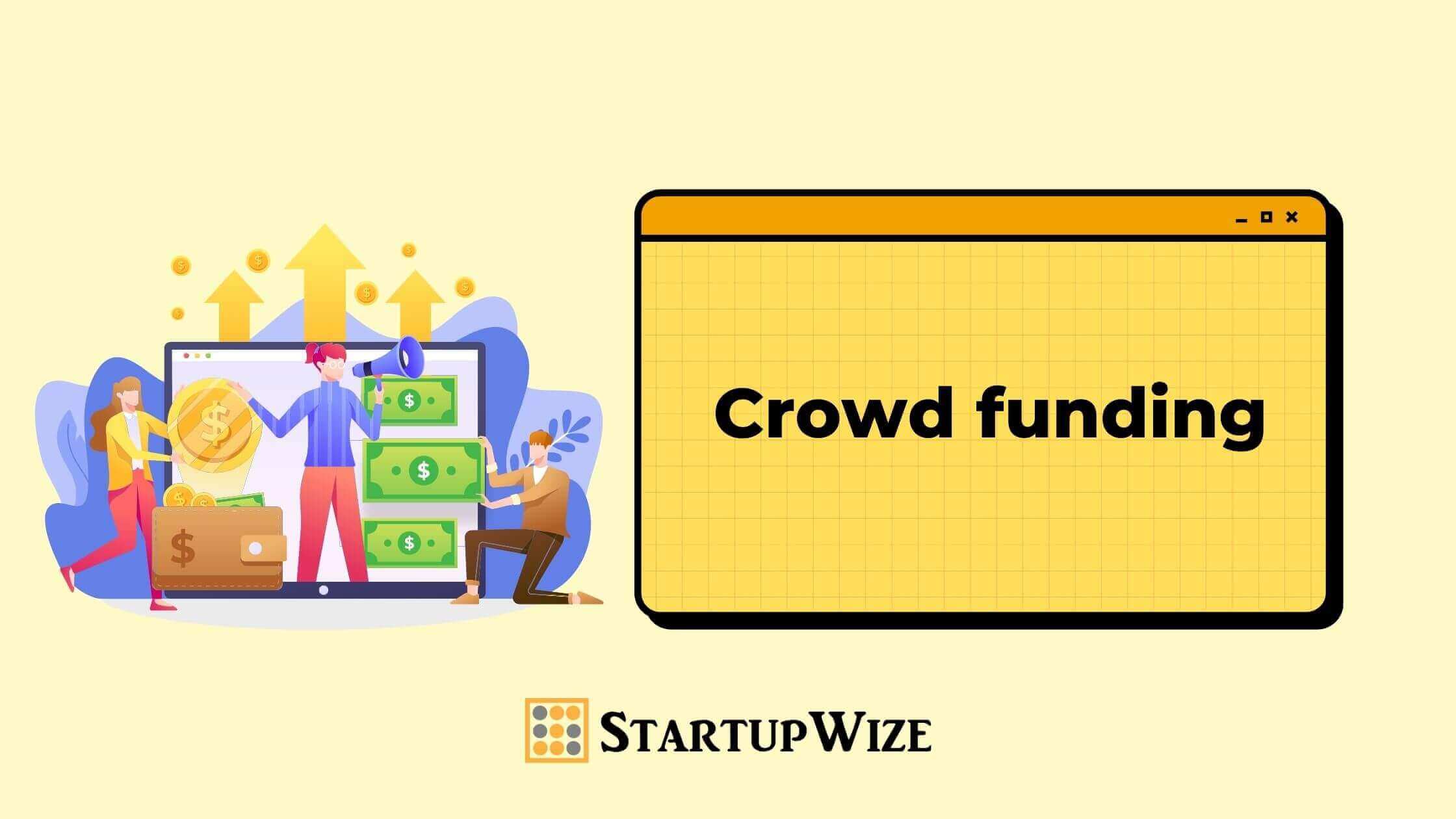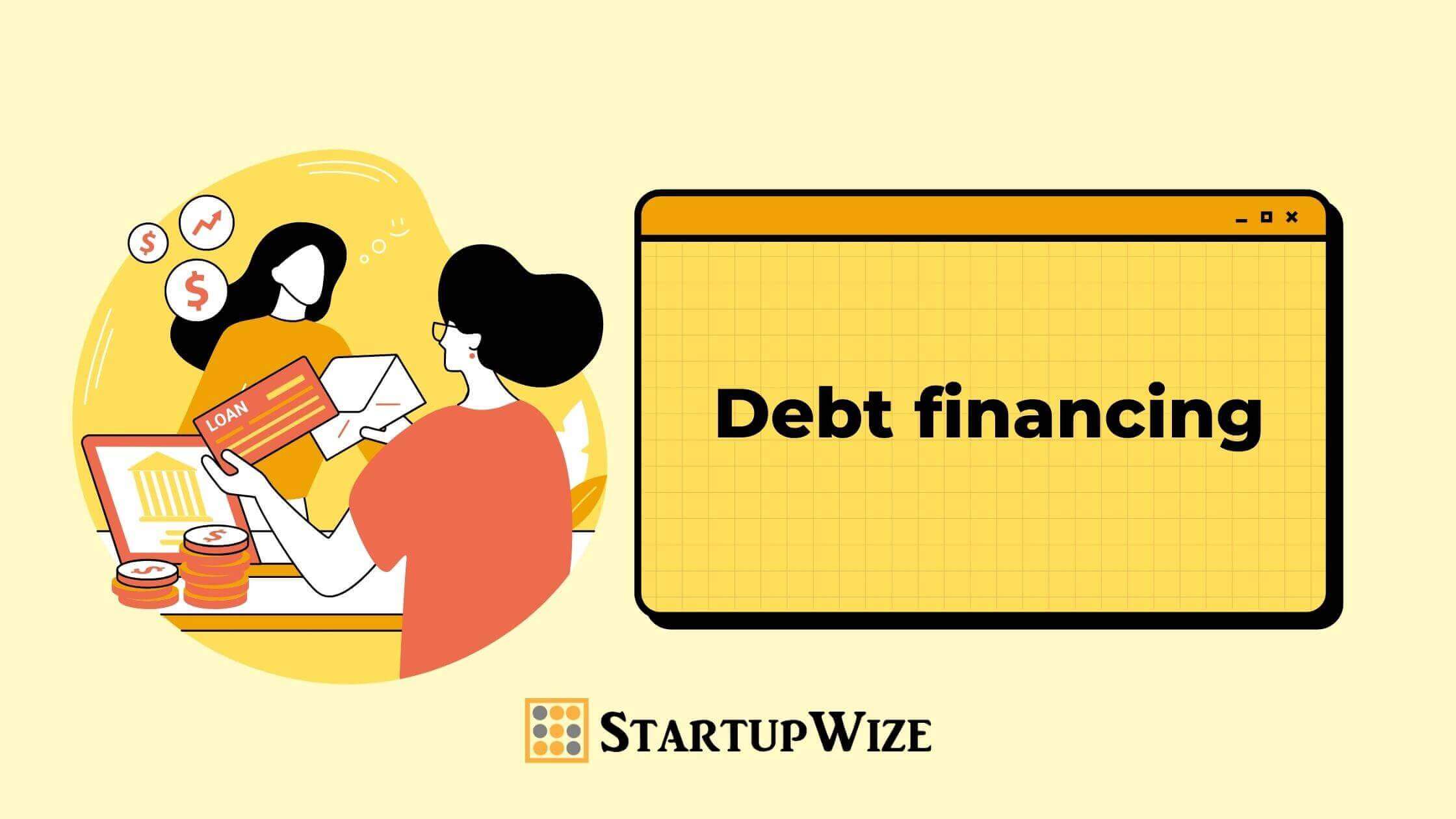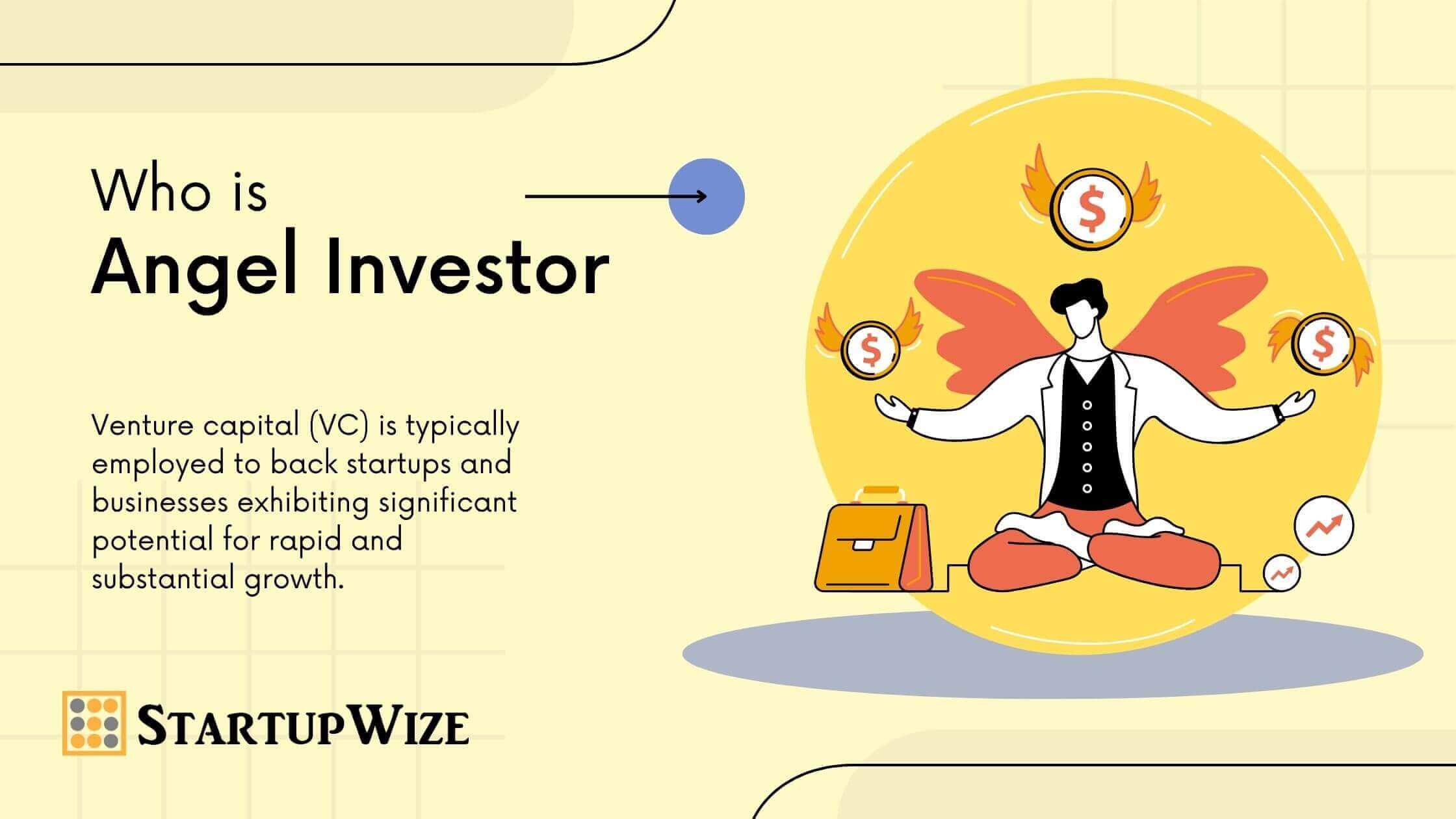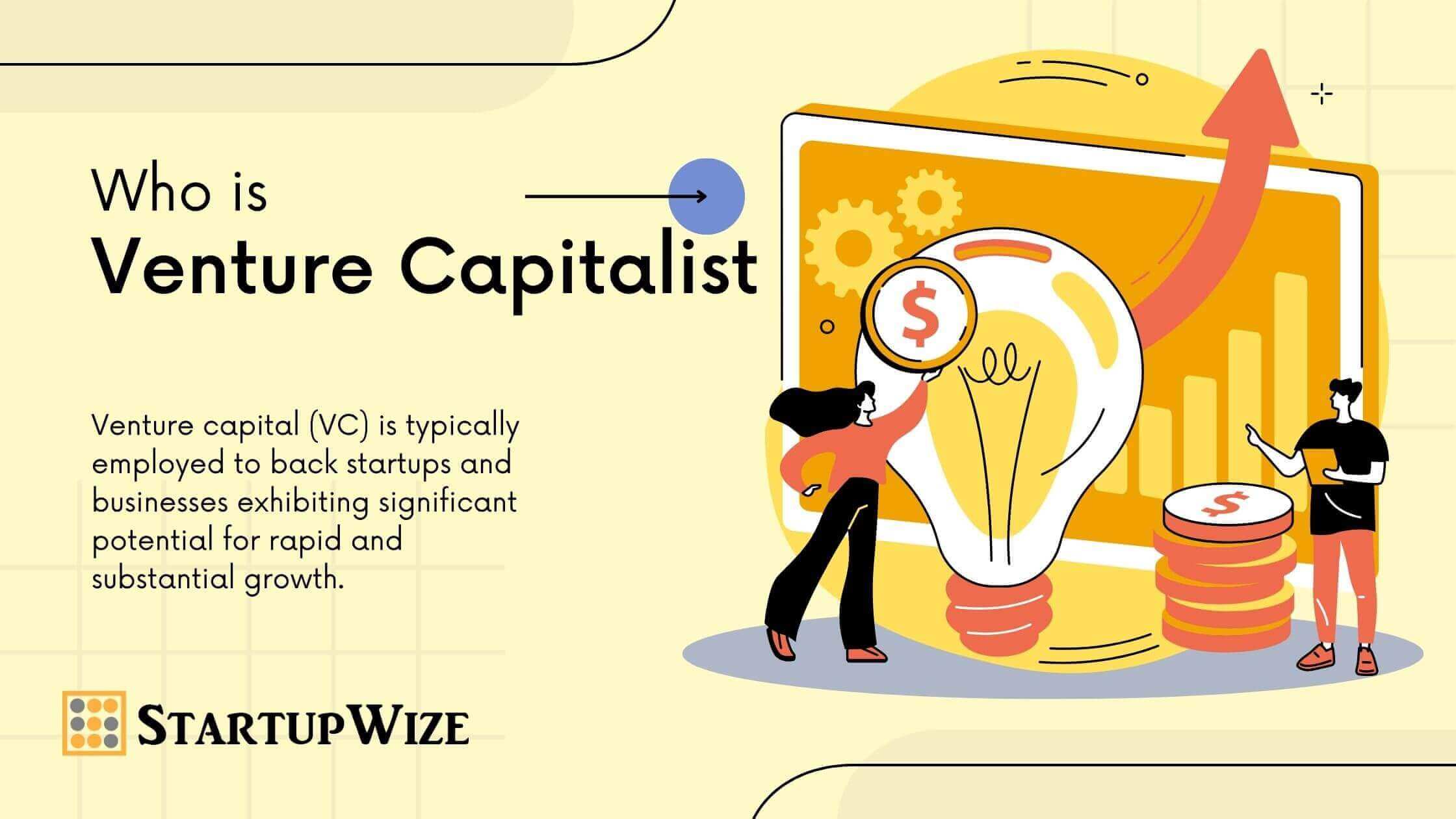Crowdfunding vs Debt vs Angel Investment vs Venture Capital: Choosing the Right Funding Path for Your Startup
Every startup needs capital to get off the ground. But with so many options available, how do you know which funding source is right for your business? In this post, we’ll compare four common startup funding paths – crowdfunding, debt financing, angel investing, and venture capital.
Crowdfunding

Crowdfunding platforms like Kickstarter and Indiegogo allow startups to raise small amounts of capital from a large number of people. It’s an easy, low-barrier way to generate seed funding and gain exposure.
Pros
- Easy to set up a campaign and attract small investments from a wide audience
- Helps validate and market your product
- Retain full ownership and control of your company
Cons
- Limited to small funding amounts, usually under $1 million
- May not attract serious, strategic investors
- Lots of competition for attention on major platforms
Debt Financing

Debt financing means taking out a business loan that must be repaid with interest. Banks, credit unions, and online lenders all offer financing options for startups.
Pros
Retain full ownership and control
Interest rates may be lower than giving up equity
Ability to borrow larger amounts than crowdfunding
Cons
Must make regular loan payments regardless of business performance
Need a good credit score and/or collateral
Gives up cash flow to service debt payments
Angel Investing

Angel investors are high-net-worth individuals who invest their own money in startups. Angels provide larger investments than crowdfunding, usually between $25K to $100K.
Pros
Larger investments than crowdfunding
Angels often provide advice and mentorship
May open doors to future venture capital
Cons
- Extensive due diligence and pitch process
Give up an equity stake in your company
Angels invest in a limited number of startups per year
Venture Capital

Venture capital firms raise pools of money to invest in high-growth startups. VC fund sizes usually start around $100 million.
Pros
Ability to raise larger rounds, from $100K up to tens of millions
Experience helping startups scale
Prestige of being VC-backed
Cons
Highly competitive – less than 1% of startups get VC funding
Give up significant equity and board seats
Pressure for fast growth and exits
Ready to take your startup to the next level?
Schedule a free consultation call with our team today
The Right Choice Depends on Your Needs
There’s no one-size-fits-all best approach to startup funding. Many entrepreneurs combine several sources. The right choice depends on your startup’s stage, funding needs, growth ambitions, and founders’ preferences regarding equity vs control. With an understanding of the pros and cons of each path, you can make an informed decision on the best funding mix for your unique situation.

